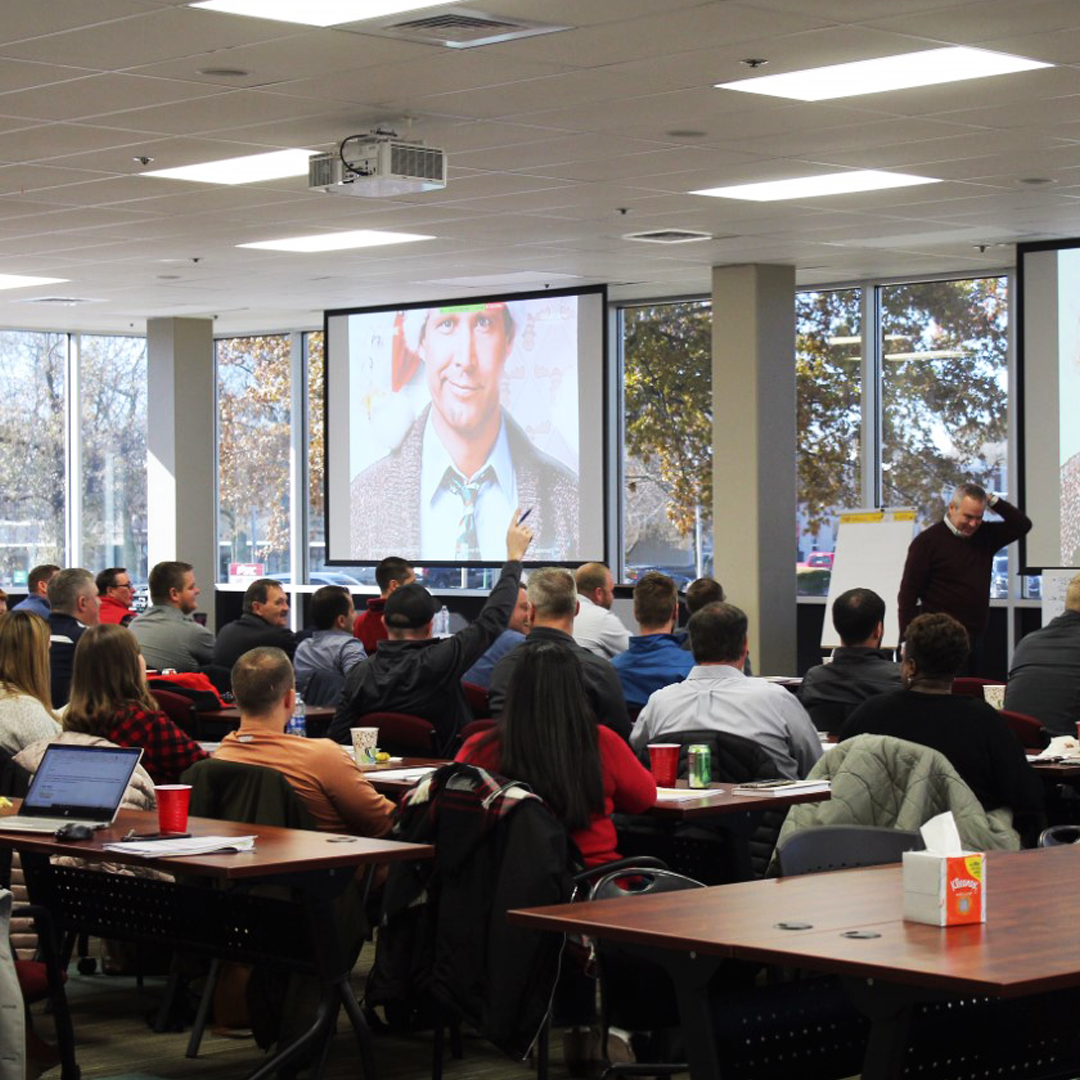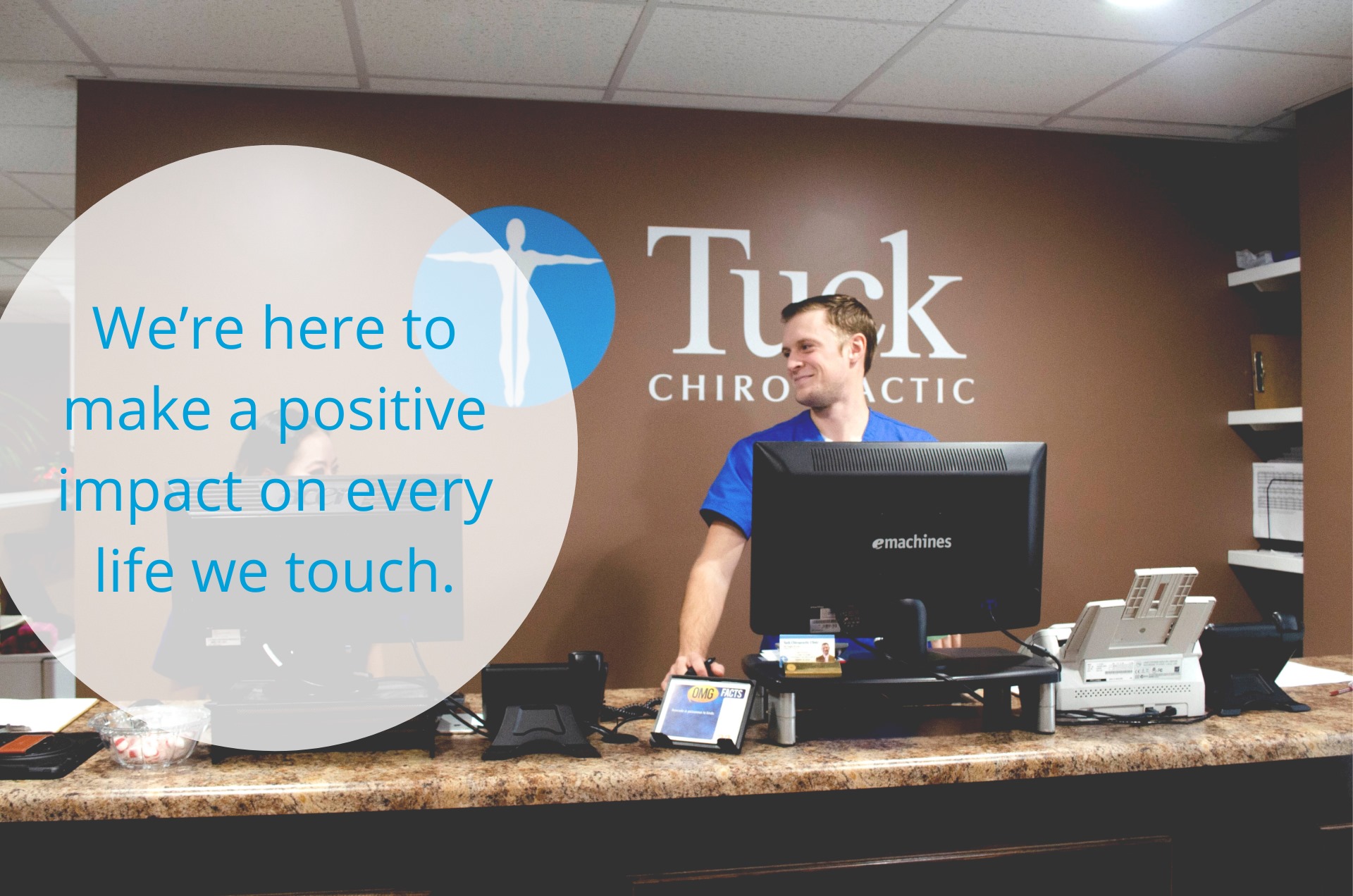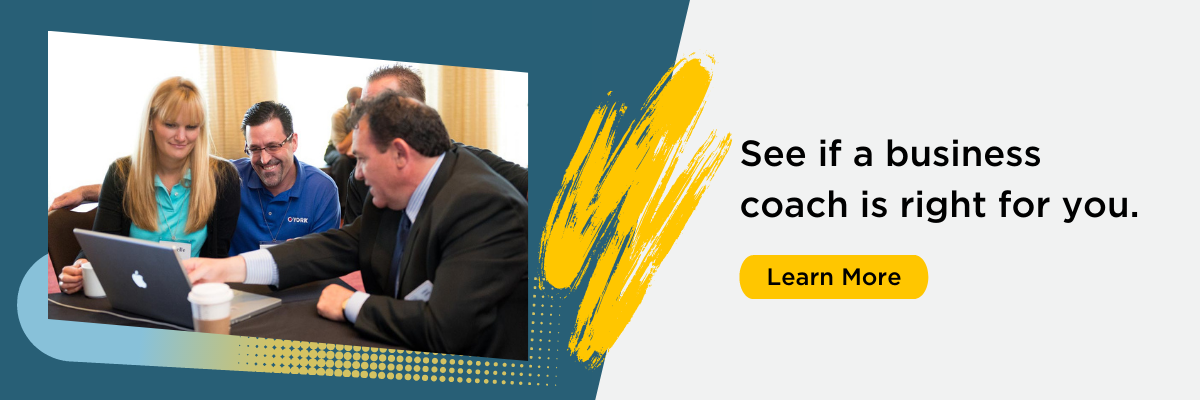 To provide the best patient care they can, caregivers also need to understand how the numbers work.
To provide the best patient care they can, caregivers also need to understand how the numbers work.
I remember that day in 2019 like it was yesterday. I guess you don't easily forget some of the worst moments of your life. In my case, I had just learned that I didn't have enough cash in the bank to cover that week's payroll. I felt sick to my stomach as I realized that I would have to dip into the college savings account we had set up for my 19-year-old son to cover the shortfall. I rarely had if ever felt so low in my life. I kept wondering how things had reached this point—how had I let something like this happen?
I knew I wasn't the smartest guy in the room, but I was a practicing chiropractic doctor with a thriving practice with multiple locations and dozens of employees. We were growing fast and had even received an award as one of the fifty fastest-growing companies in the state of Virginia.
So how could we have run out of cash? Eventually, with the help of a friend, the answer hit me square in the face: I didn't really know how to read the numbers.
Building Up the Practice
 When I followed in the steps of my father—Nathaniel Ray Tuck Sr., known by Nathan, whereas I went by Ray—into studying chiropractic, I never thought for a second about what it might mean to own and run a business. How hard could it be? I was driven to help people in pain and guide them toward leading healthier lives. In that sense, I'm like many if not most caregivers and healthcare professionals who unexpectedly find themselves hanging a shingle that says they're open for business. The problem was I spent years in school studying subjects like anatomy and biology—not accounting or finance.
When I followed in the steps of my father—Nathaniel Ray Tuck Sr., known by Nathan, whereas I went by Ray—into studying chiropractic, I never thought for a second about what it might mean to own and run a business. How hard could it be? I was driven to help people in pain and guide them toward leading healthier lives. In that sense, I'm like many if not most caregivers and healthcare professionals who unexpectedly find themselves hanging a shingle that says they're open for business. The problem was I spent years in school studying subjects like anatomy and biology—not accounting or finance.
But I had watched my father seemingly thrive in his practice. He always had enough money to buy new cars and a big house. If he could do it, I figured, so could I.
In 2002, I bought two of my father's clinics—despite some concerns from my wife, Bonnie, who served as my first bookkeeper. We learned that my dad had made some poor investments on the side, but the business itself was making more money than we knew what to do with.
Three years later, my dad suffered a stroke—so we took over his other practices; since I figured I, at 34 years of age, was the only one who knew how to run the business as he had. That brought us to a total of nine locations (which we merged down to 8) with over 30 employees.
I ran the business just like my dad had—with my thumb on everything. We didn't have any metrics in place like most successful businesses had, and we didn't share any financial numbers with our doctors or staff. Bonnie continued to run the books for us for two reasons: She had a good head for numbers, and she was the only one I could trust with them.
We bumped along for about 15 years or so until Bonnie finally waved the white flag. She said it was time to hire a real professional. I wound up bringing on someone with a tax auditing background as a controller.
If I only knew then what a mistake that would turn out to be.
Accounting for Errors
It turns out that auditors make terrible controllers. In our case, our new controller pushed out our account payable process from five to ten days out to 45 days. Suddenly, we weren't getting paid as quickly as we were in the past. To cover that gap with our expenses, she had been tapping our line of credit. She was robbing Peter to pay Paul. To make matters worse, I had made two acquisitions that failed which ate up even more of our cash.
While that controller could tell me that we were profitable as far as our tax return was concerned, we had also run out of cash, and I was faced with tapping my kid's college money to cover for it. We were suddenly facing a real crisis—and a lot of sleepless nights.
That's when I called up one of my best friends, Peer, a lawyer by trade who had become a CEO and was in the process of helping an ESOP company turn its financials around. I told Peer I needed help. After I explained the situation, he told me to bring a copy of my income statement and balance sheet to our local coffee shop where we could talk.
After I hung up, I realized with horror that I didn't even have an accurate balance sheet.
Opening Up the Business
That meeting with Peer was quite literally the start of my financial education: He gave me a book called How To Read Financial Statements. With Peer's help, I began to realize how blind I had been while trying to run my business. By relying so much on my accountants, I was always looking backward at what had already happened rather than using the financials to guide me to where I needed to go.
I also came to realize that my dad also never knew how to read his financials either. Like many health care professionals turned business owners, he didn't understand cash flow. He'd start with the year with money in the bank, and then, by the end of the year, he wondered where it all had gone. Now I knew exactly how he felt.
Later on, Peer told me about this system called The Great Game of Business®, where he had learned the importance of emphasized transparency and teaching everyone inside the business financial literacy. He also told me he was headed to Springfield, Missouri, for a two-day workshop. I asked if I could tag along.

That turned out to be an eye-opening experience. Everything I learned about The Great Game™ practices like huddling, creating a line of sight, and tracking leading indicators all made so much sense in a chiropractic practice. We were doing a lot of those things already, such as tracking patient visits and billable services. What began to dawn on me was that we didn't have a revenue problem—we had an expense problem. All of our focus was on the top line rather than bottom-line net results, all because we weren't using the financials as our guide.
After that visit to Springfield, we kicked off an internal training program based on the Great Game's dollar exercise to help all of our associates better understand how we make money and generate cash inside the business.
With Bonnie's help, we have also implemented a bonus program inside our practices built on an income/expense ratio that helps get all of our associates pulling in the same direction. It also lets everyone know whether we are winning or losing as a team—which sets the stage for us to have the kind of crucial conversations that connect operations with the financials that we never had in the past.

Today, not only did we hire a new controller with more business experience, we have finalized our KPIs and key metrics to drive the Critical Numbers. That has allowed us to have healthy processes for our patients—and healthy profits have followed. It's also allowed us to invest in our people, which has led to better patient care—the flywheel has really started to turn for us.
And we're just getting started. I can't wait to see where we go from here.
A Call to Action
I once heard it described that running a business without proper numbers and understanding how to read them is like driving a car with the windshield blackened out. This is how I felt when I started my journey. I feel very fortunate that we have been able to turn things around inside our business. We are on track to see some of the best results in the history of the practice this year. We're kicking butt.
But as I look back at the past few years, I recognize that I have been through hell and back. That was all because I had never learned to read the financials. That's a mistake I'm hoping I can help other doctors, caregivers, and medical professionals avoid making themselves.
I get it: most caregivers hate thinking about the numbers. That's not what led you to invest all those years in school and developing your practice.
My challenge to you is: Don't let your ego get in the way of sleeping through the night or helping to pay for your kid's college education. Don't be afraid to admit you don't know the financials either.
That includes my son, Nathaniel Ray Tuck III (we call him Nathaniel), who I'll soon be helping move into his apartment at chiropractic school in Upstate New York. You can be sure that his old man will make it a priority that he learns to read the financials for himself.
.png)








.png)




-5.png)
.png)
